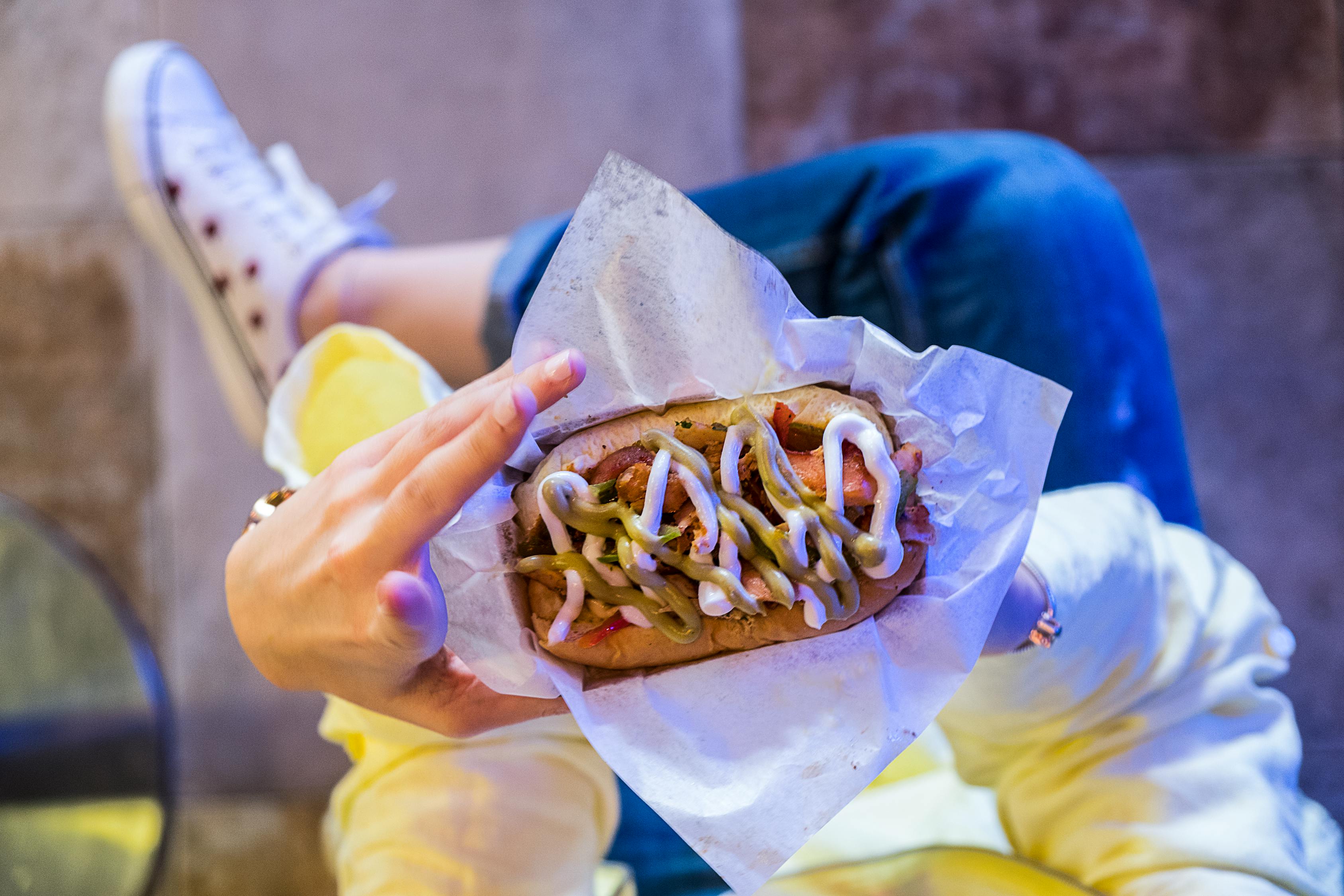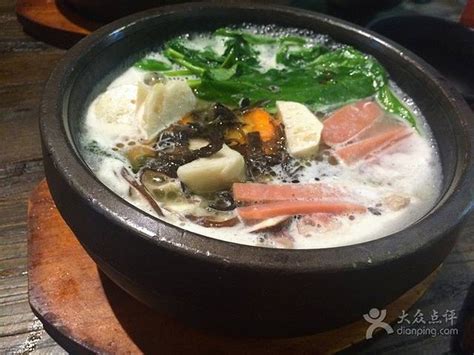British cuisine, like its culture, is a tapestry woven from a myriad of influences, both indigenous and foreign. Over the centuries, it has evolved from simple, hearty fare to a diverse culinary landscape celebrated worldwide. Let's embark on a journey through the annals of British food history to understand its evolution and enduring appeal.
Early Influences: Ancient Roots and Roman Conquests
The roots of British cuisine trace back to prehistoric times, where early inhabitants subsisted on a diet of foraged plants, game meats, and seafood. With the arrival of the Romans in 43 AD, Britain witnessed the introduction of new ingredients such as onions, garlic, and wine, as well as culinary techniques like spicing and baking.
Medieval Feasts and Tudor Delights
During the Middle Ages, British cuisine underwent significant changes, heavily influenced by the Norman Conquest and subsequent medieval trade routes. Feudal lords indulged in lavish banquets featuring roasted meats, pies, and spiced wines, while peasants relied on humble staples like bread, ale, and porridge.

The Tudor era ushered in an era of culinary innovation, with explorers bringing back exotic spices and ingredients from distant lands. This period saw the emergence of quintessentially British dishes such as roast beef, fish and chips, and traditional English breakfast.
Colonial Expansion and Global Fusion
The Age of Exploration propelled Britain into a global superpower, leading to the expansion of its culinary horizons. Colonies in Asia, Africa, and the Americas introduced an array of new ingredients like tea, potatoes, spices, and sugar, forever altering the British palate.
By the Victorian era, British cuisine had evolved into a fusion of indigenous ingredients and global influences. High tea became a cultural institution, featuring delicate pastries, finger sandwiches, and scones served with clotted cream and jam.
Modern Revival and Culinary Renaissance
In the postwar period, Britain experienced a culinary renaissance, fueled by immigration, travel, and a renewed interest in gastronomy. Celebrity chefs like Jamie Oliver and Gordon Ramsay spearheaded a movement to reinvent traditional British fare, infusing it with contemporary flair and international flavors.
Today, British cuisine continues to evolve, embracing diversity and innovation while cherishing its culinary heritage. From Michelinstarred restaurants to humble gastropubs, there's something to satisfy every palate, whether it's classic fish and chips, hearty Sunday roasts, or avantgarde gastronomy.
Conclusion
The history of British cuisine is a testament to the nation's rich cultural tapestry and adventurous spirit. From humble origins to global influence, it has weathered the tides of time, adapting and evolving with each passing era. As Britain continues to redefine its culinary identity, one thing remains certain: its food will always be a source of pride, pleasure, and culinary delight.











